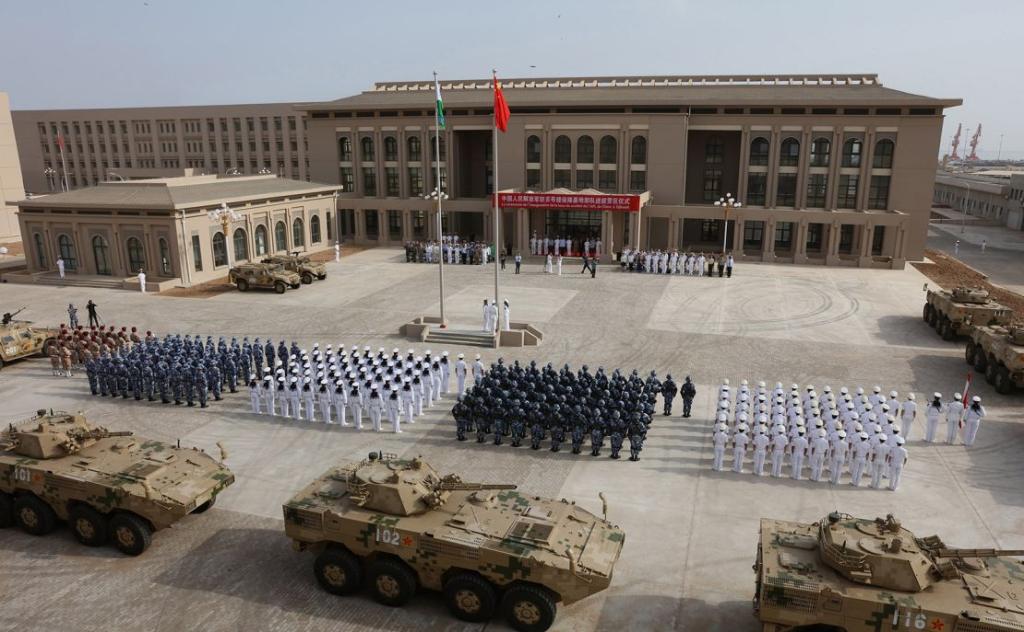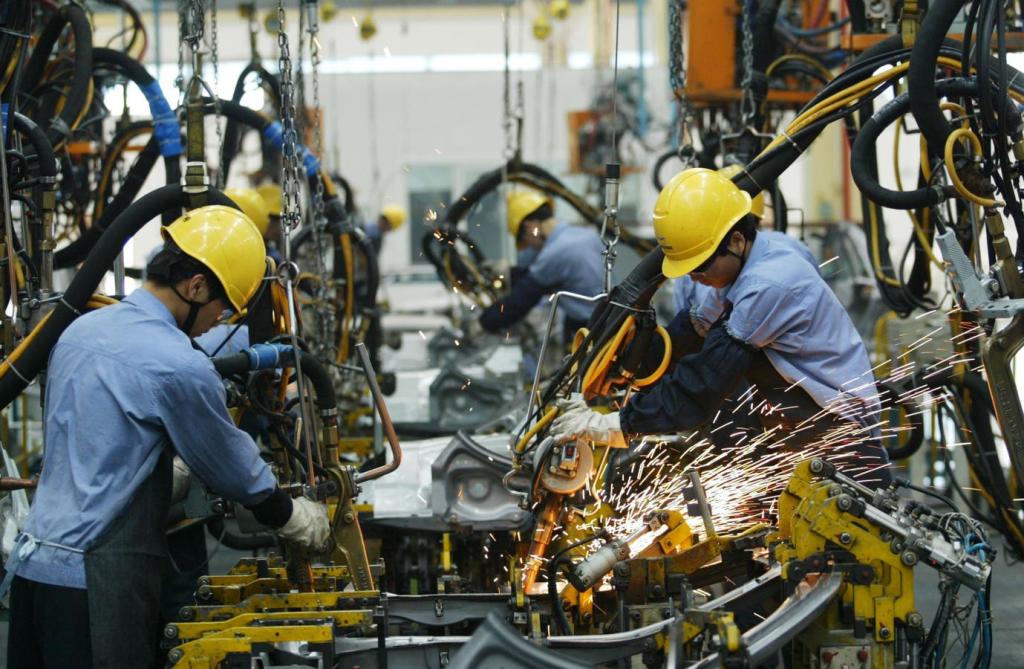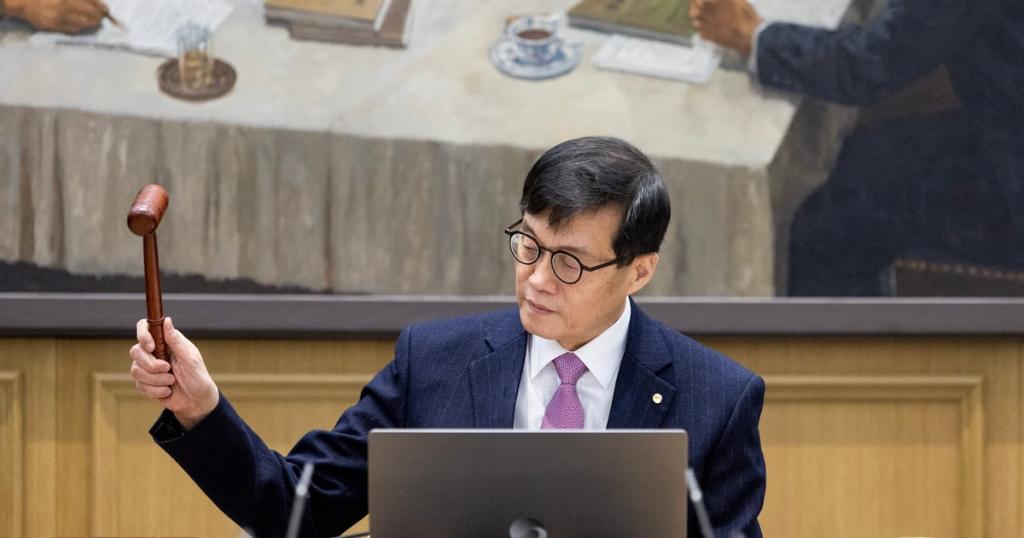China's Investments Transforming Africa's Future and Growth
Discover how China's strategic investments are reshaping Africa's landscape, driving sustainable growth and redefining international partnerships for the future.

Key Points
- China's strategic investments in Africa focus on sustainable development through smaller, economically viable projects rather than large-scale lending.
- A shift in dynamics reveals African leaders advocating for equitable trade terms as they leverage their importance in the evolving geopolitical landscape.
- Ongoing collaborations in areas like green technology highlight the potential for mutual growth while navigating challenges associated with debt and resources.
The relationship between China and Africa is evolving significantly, drawing attention both on the continent and around the globe. With the recent convening of the
in
, a pivotal diplomatic meeting since the pandemic began, it's clear that China is strategically positioning itself as a leading partner for African nations. The summit attracted numerous African leaders, reinforcing China's significant role as a player in African development.
 President Xi Jinping
President Xi Jinpingwelcomes African leaders" />
Economic Motivations Behind Engagement
China's engagement with Africa has been primarily economic, with over $120 billion invested through the
(BRI) since its inception. These investments have led to the development of vital infrastructure such as roads, railways, and power plants. However, this influx of funding has also attracted criticism over allegations of creating "debt traps", in which African nations find themselves unable to service their loans.
For example, Zambia has faced challenges in repaying its substantial debts to China, leading to default and subsequent negotiations over restructuring. This scenario illustrates the complexities of such financial relationships, where both parties are navigating the risks involved in large-scale lending. It's worth noting that while substantial, the lending figures have significantly decreased, highlighting a shift in strategy from grandiose projects to more manageable public-private partnerships.
A Shift in Strategy: From Big Projects to Sustainable Investments
At the recent summit, President Xi Jinping emphasized a shift towards "small yet beautiful" investments, focusing on sustainability rather than sheer scale. This new approach aims to ensure that projects are economically viable and beneficial for African nations and may involve a broader array of partnerships with local stakeholders. This change can be seen as a response to the growing awareness of the socio-economic impacts of large-scale infrastructure projects that sometimes fail to deliver anticipated benefits.
China is now promoting collaborations in green technology, with projects centered around renewable resources such as solar energy becoming increasingly prominent. For instance, China's dominant position in solar panel production presents an opportunity for African nations to address their pressing energy shortages while fostering sustainable development.

Changing Dynamics in International Relations
As China's influence in Africa grows, so does the geopolitical landscape, particularly with Western nations observing this development closely. The competition for influence has intensified, with the U.S. and Europe launching initiatives to counter China's footprint in Africa. The recent discussions at the summit revealed that African leaders are quite aware of their bargaining power in this complex equation. They are pushing for better trade terms and conditions, wanting to ensure that their partnerships with China yield maximum benefit.
For example, South African President
candidly expressed the need for China to narrow the trade deficit and address imbalances in their trade relationship. This sentiment showcases a robust shift in the dynamics of African diplomacy where leaders are increasingly vocal about protecting their national interests and ensuring equitable partnerships.
Future Outlook: Opportunities and Challenges
The future of Africa-China relations holds both promise and challenges. As China's economy faces its own difficulties, including a slowdown post-pandemic, the likelihood is that African nations will continue to play a pivotal role in China's plans for resource acquisition and market expansion. The need to balance financing with sustainable growth will be crucial in shaping this relationship moving forward.
As these dynamics unfold, it is essential for both African nations and China to navigate potential pitfalls with transparency and integrity. Long-term successful partnerships will depend on mutual benefit, rather than transactional relationships that may leave African nations vulnerable to the same debt issues they are currently facing.
In summary, China's strategic investments are undeniably reshaping Africa's landscape. As the interplay between investment, diplomacy, and local leadership continues, it will be critical for both sides to adapt their approaches, fostering a future that reflects true partnership and sustainable development.


